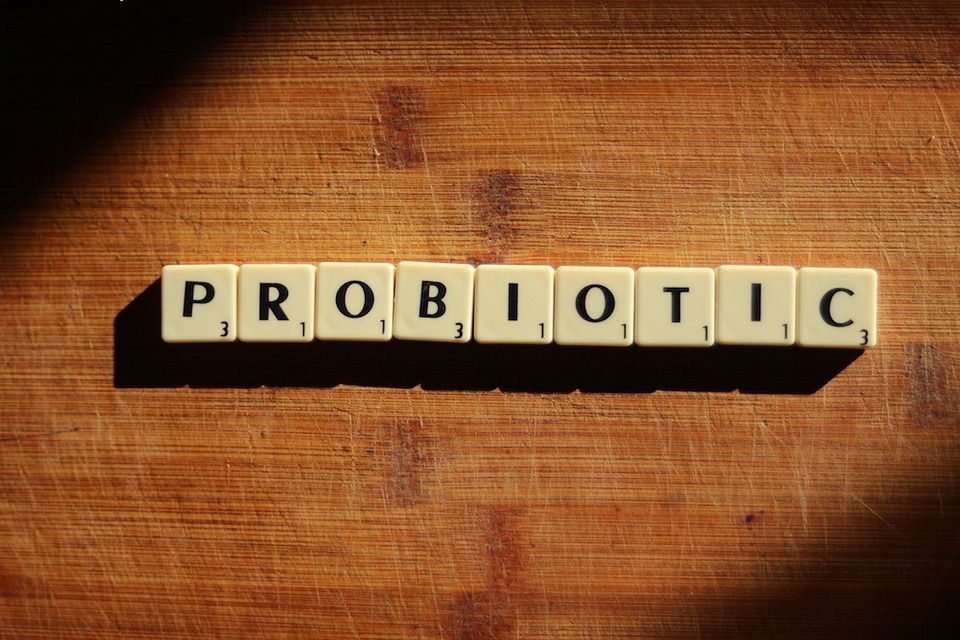The liver is one of the most important organs in the body, responsible for filtering toxins and waste from the blood. A healthy liver is crucial for overall health and well-being. Probiotics are beneficial bacteria that can play a role in liver health by improving digestion, reducing inflammation, and supporting a healthy gut microbiome. In this blog post, we’ll take a closer look at the benefits of probiotics for liver health and how they can help support a healthy liver.
The Importance of Liver Health
The liver plays a vital role in overall health and well-being. It is responsible for filtering toxins and waste from the blood, producing bile to aid in digestion, and regulating blood sugar levels. A healthy liver is crucial for maintaining a healthy body and preventing chronic diseases.
How Probiotics Can Benefit Liver Health
Probiotics can have a positive impact on liver health in a range of ways. Here are some of the ways that probiotics can benefit liver health:
1. Improved Digestion
Probiotics can help improve digestion by promoting the growth of beneficial bacteria in the gut. This can help reduce the workload on the liver and improve overall liver function.
2. Reduced Inflammation
Chronic inflammation can impact liver health, and probiotics can help reduce inflammation in the gut. This can help improve liver function and reduce the risk of liver damage.
3. Improved Gut Microbiome
A healthy gut microbiome is crucial for overall health, including liver health. Probiotics can help support a healthy gut microbiome by promoting the growth of beneficial bacteria.
4. Reduced Risk of Liver Disease
Probiotics may help reduce the risk of liver disease by improving liver function and reducing inflammation in the gut.
The Best Probiotic Strains for Liver Health
There are many different types of probiotics, and choosing the right ones can be overwhelming. Here are some of the best probiotic strains for liver health:
1. Lactobacillus Acidophilus
Lactobacillus acidophilus is a type of bacteria that can help support digestive health and improve liver function. It may also help reduce inflammation in the gut.
2. Bifidobacterium Lactis
Bifidobacterium lactis is a type of bacteria that can help support digestive health and improve liver function. It may also help reduce inflammation in the gut.
3. Lactobacillus Plantarum
Lactobacillus plantarum is a type of bacteria that can help support a healthy gut microbiome and improve liver function. It may also help reduce the risk of liver disease.
4. Streptococcus Thermophilus
Streptococcus thermophilus is a type of bacteria that can help support healthy digestion and improve liver function. It may also help reduce inflammation in the gut.
Incorporating Probiotics into Your Diet
In addition to taking probiotic supplements, there are many ways to incorporate probiotics into your diet. Here are some ideas:
1. Yogurt
Yogurt is a popular probiotic food that can be enjoyed as a snack or used in recipes. Look for yogurt that contains live and active cultures for the most benefits.
2. Kefir
Kefir is a fermented milk drink that is rich in probiotics. It can be enjoyed on its own or used in smoothies and other recipes.
3. Sauerkraut
Sauerkraut is a fermented cabbage dish that is rich in probiotics. It can be used as a topping for sandwiches, salads, and more.
4. Kimchi
Kimchi is a fermented vegetable dish that is rich in probiotics. It can be used as a side dish or added to recipes for extra flavor and nutrition.
Choosing the Right Probiotics for Liver Health
Choosing the right probiotics is important to ensure that you get the maximum benefits for your health. Here are some factors to consider when choosing a probiotic:
1. Probiotic Strains
Different probiotic strains have different benefits, so it’s important to choose a probiotic that contains the right strains for your needs. Look for probiotics that contain the Lactobacillus, Bifidobacterium, and Streptococcus strains, which are the most well-studied probiotic strains for liver health.
2. Dosage
The dosage of probiotics can vary depending on your age, weight, and health needs. It’s important to follow the dosage instructions on the label to ensure that you’re getting the right amount of probiotics for your needs.
3. Quality
When choosing a probiotic, it’s important to choose a high-quality product that contains live and active cultures. Look for products that are free from additives, preservatives, and other harmful ingredients.
Precautions and Side Effects
While probiotics are generally safe for most people, there are some precautions and potential side effects to be aware of. Here are some things to keep in mind:
1. Allergies
If you have a dairy allergy, be cautious when taking probiotics that contain milk or other dairy products. Look for dairy-free probiotics instead.
2. Digestive Issues
Some people may experience digestive issues like bloating, gas, and diarrhea when first starting probiotics. This is usually temporary and should subside within a few days.
3. Immune System Issues
If you have a weakened immune system or are taking immunosuppressant medications, talk to your doctor before taking probiotics.
4. Interactions with Medications
Probiotics may interact with certain medications, so be sure to talk to your doctor before taking probiotics if you’re taking any medications.
Conclusion
Probiotics can be a valuable tool in liver health by improving digestion, reducing inflammation, supporting a healthy gut microbiome, and reducing the risk of liver disease. When choosing a probiotic, be sure to choose one that contains the right strains for your needs, follow the dosage instructions on the label, and choose a high-quality product. With the right probiotics and a healthy lifestyle, you can help support a healthy liver and improve your overall health and well-being.







